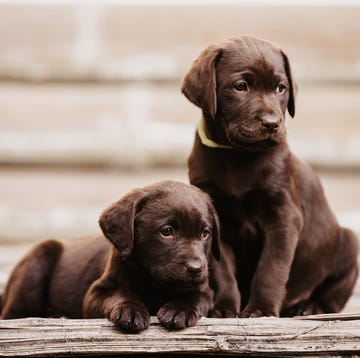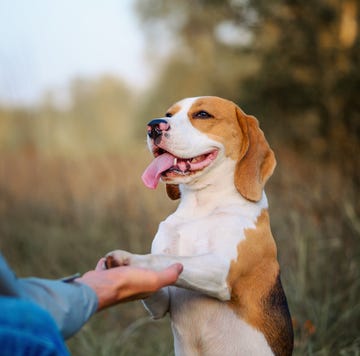When winter rolls around, we’re all reaching for extra layers. But what about our horses? They seem to handle the cold a little differently than we do, but that doesn’t mean they don’t feel it.
So, how do you make sure your horse stays warm and cozy through the colder months? We talked to an expert to break down answers to some of the most common questions horse owners have when it comes to cold weather care.
Do horses get cold?
Most horses are naturally equipped with thick winter coats that help them stay warm in colder temperatures. They’re built to handle freezing temperatures, sometimes even down to 40 below zero, as long as they are given the opportunity to acclimate and are in good overall health. However, there are certain conditions—such as wet or windy weather—that can make even the hardiest horse feel the chill. If you’re worried your horse might be too cold, there are a few signs to watch for.
“If a horse is shivering, tucking its tail, or has cold ears and muzzle, they’re likely too cold. Weight loss can also be a sign if they’re burning too many calories trying to stay warm," says Matthew Aversa, a co-owner of Winding Branch Ranch, a nonprofit sanctuary and farm animal rescue outside San Antonio.
How can I keep my horse warm in wet weather?
Horses’ coats are great at keeping them warm in dry conditions, but when they're wet from rain or snow, they lose their insulating properties. Of course, not every horse is equipped with the same coat, so some might need a little extra help in these conditions.
"Our horse Paco has a long, fluffy coat that keeps him warm naturally, but not every horse is built like that," Aversa explains. "Older, underweight, or clipped horses—or those in freezing rain—may need a blanket for extra warmth.” Shelter is also key when it’s wet. Make sure your horse has a dry, wind-protected area to retreat to during storms. If you don't have a shed or barn, a waterproof blanket can help keep your horse dry and warm.
What should I do if my horse is wet and cold?
If your horse is wet and cold, it's important to act quickly to prevent further discomfort or health issues. Here’s what you can do to help them warm up and recover.
"A good shelter, free-choice hay, and fresh, unfrozen water are key," Aversa says. "Get them into a dry, wind-protected space, towel them off, and use a fleece or wool cooler to wick away moisture. Plenty of hay and warm water helps them generate heat from the inside out.”
If frostbite is a concern, keep an eye on your horse’s extremities. Although horses are built to handle cold weather, their extremities, like ears and tails, can be vulnerable to frostbite in extremely low temperatures. While uncommon, if temperatures plummet below freezing and a horse is wet, frostbite is more likely to happen. If you suspect frostbite, look for pale, cold ears or tails and seek veterinary help immediately.
Can hay help keep my horse warm in winter?
Absolutely! Horses are “hindgut fermenters,” meaning their digestive system generates heat as it processes fiber. The more hay a horse consumes, the more heat is produced in their body. "Digestion produces heat, so keeping hay available is like giving them a built-in heater,” Aversa says.
Providing plenty of hay throughout the day is one of the best ways to help your horse maintain warmth during the winter months.
What should I do for older or sick horses in cold weather?
Older horses or those with health conditions may have a harder time regulating their body temperature. Geriatric horses, in particular, might need extra calories or a blanket to help them through winter. Keep a close eye on their body condition, and consider offering extra fiber or fat in their diet. And don’t forget to monitor them for signs of cold stress, like shivering or lethargy.
By keeping these tips in mind, you’ll help your horse stay healthy, happy, and warm, no matter how cold the weather gets. Horses are built for winter, but a little extra care goes a long way in keeping them at their best during the cold months!

Tierney McAfee is a freelance writer and Country Living and The Pioneer Woman contributor who covers entertainment, holiday & entertaining, food & drinks, design ideas, DIY, and more.













